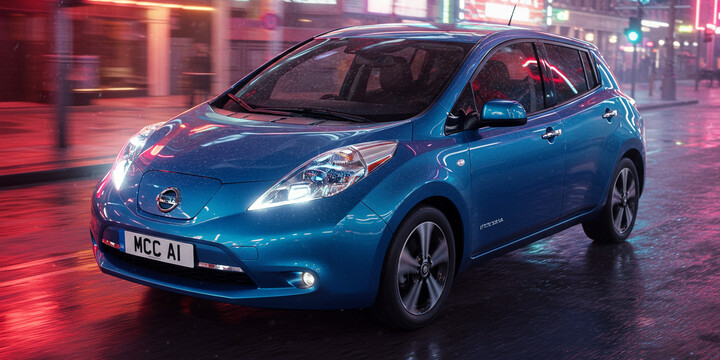NISSAN LEAF (2017-22)

Buyer's Guide & Data from our Checks
The NISSAN LEAF (2017-22) is a popular electric hatchback that has earned a strong reputation in the UK market for its eco-friendly design and practicality. As a city car and commuter vehicle, it is well-suited for urban driving, making it ideal for first-time drivers, city dwellers, and environmentally conscious owners. Its compact size and quiet electric motor make it a convenient choice for daily travel, while the sleek, modern design stands out among other electric cars in its class.
Data from mycarcheck.com shows that nearly 10,000 checks have been performed on the NISSAN LEAF (2017-22), with over 4,200 different VINs recorded. The average private sale value is around £15,400, with typical mileage of about 37,000 miles, and most vehicles have had just under one previous owner. These figures suggest a strong supply of well-maintained, moderately low-mileage models, making it a reliable choice for buyers looking for a used electric vehicle.
What makes the NISSAN LEAF (2017-22) stand out is its impressive range and affordability compared to some rivals, along with a reputation for dependability. It offers good value for money and low running costs, making it an appealing option for daily commuting, especially for those transitioning to electric vehicles. Overall, it’s known for being a practical, budget-friendly electric car that suits a wide range of drivers in the UK.
Key Findings
The following statistics are drawn from our checks of 4,199 different vehicles, run between February 17th 2021 and December 31st 2025. These real-world insights provide context for this vehicle's place in the market, as well as its typical usage.
9,928
Lookups
Lookups
233
Hidden Histories
Hidden Histories
48k
Average Mileage
Average Mileage
£15,400
Average Valuation
Average Valuation












